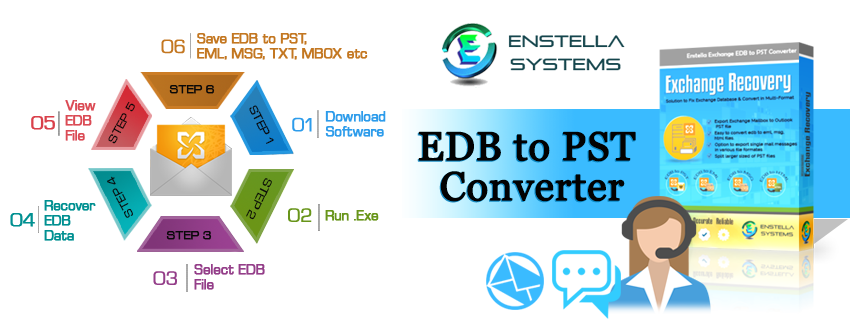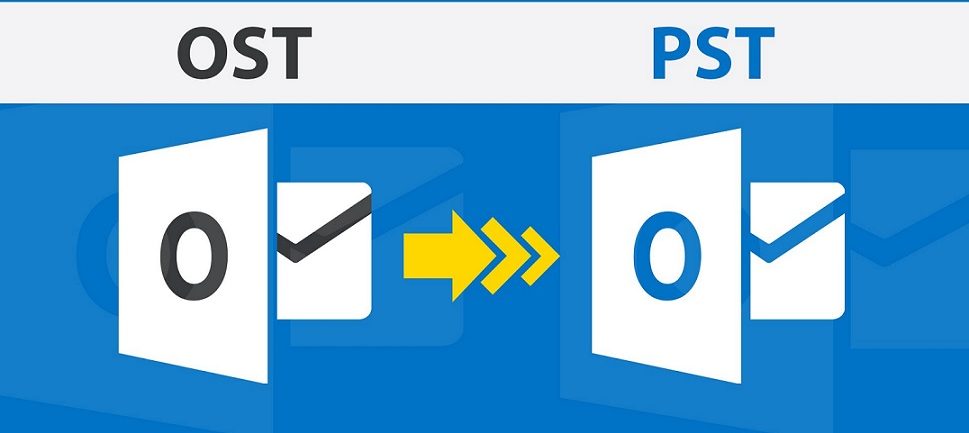There are no two ways about it; more data is being captured than ever. How useful this is, however, is a matter of some debate. It is generally thought that using that data correctly can help solve many of the problems businesses face, including how to attract more of the right kind of customers for the products and services they offer. However, some consider that the problem is that so much data is generated regarding everything people do – both online and in the real world – that there is simply too much information to be distilled into anything useful.
This means that turning what is essentially a tsunami of data into something that is both manageable and useable has become an in-demand skill. As a result, data analysis has become a field that offers many career opportunities for those with a certain skill set and the correct certification.
As with all careers, those who are better qualified tend to have the pick of senior roles and, as you might expect, can demand the highest salary packages as well as the chance of being headhunted for a bigger and better role elsewhere. With that in mind, here is an overview of what you might expect from a career in data analysis and how you might progress within in it to get your choice of one of the top roles.
What do you need to progress?
Like all journeys, the path you need to take will depend on where you are starting from. If you already have a Bachelor’s in statistics or something similar, that is a good start, as is having a role in a similar field, where changing lanes to your chosen profession would be easier. However, it has to be said that this change can be problematic even with those advantages, without a further, extremely relevant certification.
The additional qualification that is likely to open the most doors for you in data analysis is a Master’s in Applied Statistics, which can be achieved in a number of different ways, and will be looked at in more detail later on. Of course, data analyst is not the only role available to those who crunch data, and those will be covered later on as well, along with what you might expect to earn by making this career change.
To start with, you might be wondering what makes candidates qualified in the field of data analysis so sought after by business owners?
What value does data analysis add to business?
It was covered very briefly above, but by delving further into what effective and accurate data analysis can do for almost any process in any business, you will quickly see the value you would be adding through using this technique. As already mentioned, companies generate a huge amount of data about how they create or manufacture products, how they market them, and the ways in which customers interact with those products when they buy them, or more significantly when they choose not to buy them at all.
Turning this into a usable model and analyzing it using a technique like model diagnostics can make a manufacturing process more efficient – or find a way of using the available resources more effectively to produce superior results at lower costs. The benefits to a business of doing this are immediately apparent by lowering overheads or increasing profits. With the results showing right there in the bottom line, it would be hard for any business owner to say that data analysis was not worth the investment.
This can go even further when looking at the marketing process by analyzing the results of all of the factors involved, not just the return on investment (ROI) from any advertising. By using all of the available data, or at least working out that more data is required, those with the correct data analysis skills can identify and hone down the right target audience for a product, without some of the expensive trial and error which typifies many advertising campaigns.
Lastly, in this particular example, analyzing the data from customer feedback about using the product can help identify how to improve the product or service, especially if it isn’t doing as well as hoped. This can also help with future decision making regarding the next product or ideas for other product niches to explore.
While this is only the tip of the iceberg, you can see already why somebody with data analysis skills would be a valued member of any team. Furthermore, you can see how somebody with a Master’s in Applied Statistics could command one of the best roles in this field as well as one of the higher salaries.
How can you get a Master’s in Applied Statistics?
As already discussed, those with a Master’s in applied statistics will typically have more options open to them than those who do not. However, getting the correct qualification is often seen as a major roadblock to some of those who, like you, might be looking to go down this particular career path.
For instance, you might have the necessary background certification but might also be newly graduated and are looking for employment to make a dent in your student loans. The last thing you want to do right now is go back to studying full time, which would only add to your loan.
Alternatively, you might already be in full-time employment and have all of the usual financial commitments like rent and utility bills to pay. You might not be just providing for yourself either; you might have dependents who rely on you, so taking the time out to go back into full-time education is simply not going to happen.
You might also be one of those who are unable or unwilling to relocate to another city because they have family or friends who need them nearby for physical or emotional support. You could be wary of venturing too far from home in the current crisis. While all of these sound like the kind of pitfalls that can stop your ambitions before they start, problems like these could possibly be sidestepped by considering the option of taking the program remotely and learning online.
Benefits of completing a master’s in applied statistics online
It is an unfortunate fact that many online courses are often seen as ‘hit or miss’ and often with some justification. However, there are some basic rules you can apply when considering enrolling onto a program to help you make sure your choice is a sound one. Firstly, you will need to find one that is ranked highly and also has a detailed breakdown of exactly what you will be doing and when available to view online. You can see an example of this on the Michigan Tech University website if you need a better idea of what is involved.
With a program such as this, there are no set class times as all of the materials are available for you online, so what you will be doing over the duration of the program will be according to your own agenda. You should still have the help you need available to you, and this is most commonly given using email or one of the pieces of conferencing software we have all gotten used to using over the last couple of years.
This means essentially that you can complete the work involved at weekends, evenings, or even in the ‘dead’ time on your commute to your current job if it happens to be a particularly long one. Of course, completing your program remotely means that you will not have to leave your current employment just yet, and your bills can still be paid as they were before while you gain this extra qualification online.
Other characteristics you might need
As well as this certification, those who succeed in this particular field have other characteristics that you might find beneficial to note. Firstly, people who work in data are normally highly motivated individuals. This is something that is likely to be emphasized by their ability to complete a further certification such as their MSc in applied statistics while they are also holding down a job. Being able to juggle work and study is likely to catch the eye of a potential employer.
You should also note that candidates like you will also be highly organized (almost a given considering career choice). For the more senior roles, a level of confidence is required, which is not always a typical trait for many within this field.
This confidence is usually necessary to present their data-driven findings to other senior members within the business, some of whom are likely to have other agendas which might conflict with the recommendations you are likely to make.
Which job roles might be available?
As you will have noticed earlier, the number of job opportunities created by having the right skillset and qualifications do not all include presenting results in person, so there is no need for apprehension if that is not your thing. These other roles include a BI (business intelligence) analyst, who will do many of the tasks covered earlier in this article, as well as the aforementioned data analyst and data scientist.
These will have their senior equivalents and management roles, which can command salaries up to the $96K mark. Still, if you want to look outside of business and industry, there are also positions for those with a Master’s in applied statistics both in economics and sports. As you can imagine, these two areas create an amount of data that dwarfs anything created by a single business, and it will all need analyzing, interpreting, and modeling to improve performance.
Roles such as these might not have sprung to mind immediately, but they can open many other doors and create the opportunity to relocate for you if you have ambitions to see a bit more of the world. For instance, if you become one of the large team of statisticians that follow an international sports team around, it is a role that is likely to take you all over the globe. Hand in hand with that, though, comes a very unconventional sort of lifestyle, and if all you are after is a much better paid nine to five, this might not be the right move for you.
A few final thoughts
A career change to the field of data analysis might be a good move for you as it is already growing and will continue to do so. This is because a wide range of uses have been found for this skill in almost every business; as well as within government, financial institutions and even on the sports field.
For this reason, practically all the roles in data analysis are in greater demand than they might have been before. It means that all of these institutions are vying to attract the best candidates to add value to whatever they happen to be doing using data-driven decisions. These decisions can not only tell companies where they are, but they can also provide data models for various plans of action which can improve a business. Data can even be used by your local bank and even to work out your favorite sports star’s batting average.
Your role in this field, like many others, requires a certain skill set and level of internationally recognized certification, with a Master’s in applied statistics clearing many of the perceived obstacles out of this particular career path for you. You can acquire this essential qualification in a number of different ways, with online learning the most flexible for you if you are already burdened with other commitments such as a family or a busy day job. Overall, there are many reasons why your future career in data analysis can be extremely beneficial, the most apparent being that as the amount of data being created is only likely to increase further. There is likely to be even more demand for those with the appropriate skills.









